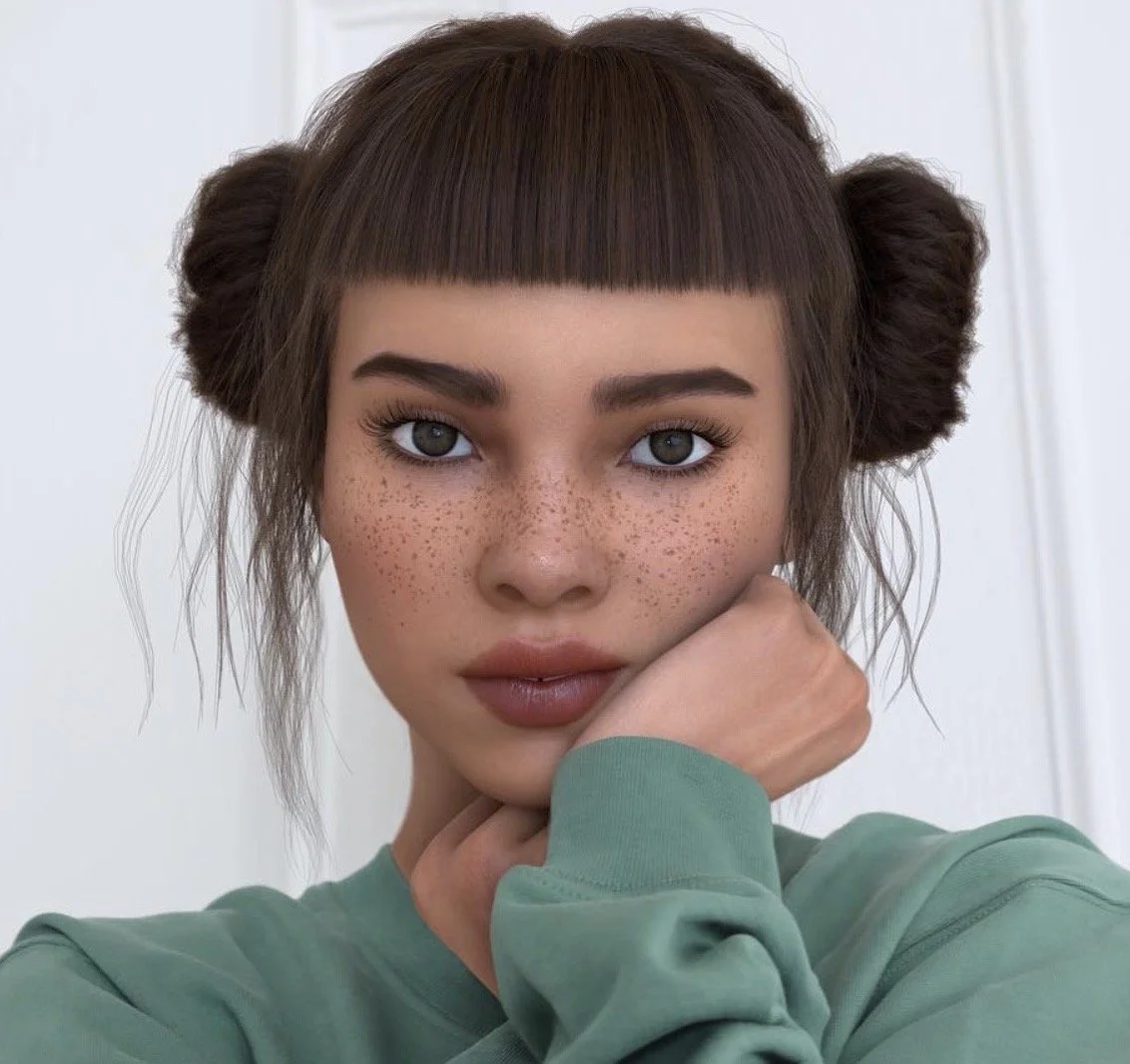The Rise of Virtual Influencers: Can this New Trend Replace Humans in the Future of Fashion Marketing?
Virtual influencers, digital characters with human-like features and personality traits, have been making waves on social media platforms. These computer-generated personalities are so intricately designed that they can often be mistaken for real people. They participate in various activities just like their human counterparts - dining at restaurants, traveling, shopping, engaging in sports, and even taking photos with actual people!
According to a survey conducted by the Influencer Marketing Factory in March 2022, 58% of respondents (18 years or older) were following at least one virtual influencer at the time. Likewise, a study in the UK showed that 54% of all UK consumers engage with virtual influencers. As the influencer marketing world continues to grow, we cannot deny that computer generated characters have become significant players in the fashion industry.
'Lil Miquela,' created by Trevor McFedries and Sara DeCou in 2016, is considered one of the pioneers among virtual influencers. Based in Los Angeles, Miquela Sousa, or Lil Miquela, is a virtual Instagram personality, model, singer, and songwriter. Recognized by Time Magazine in June 2018 as one of the 25 Most Influential People on the Internet, Miquela now boasts nearly 3 million followers. She has endorsed brands such as Chanel, Proenza Schouler, Pacsun, Supreme, MINI Cooper, and beauty brands like Ouai, even receiving an invitation to Prada's 2018 fashion show in Milan. Although her captions are fabricated, the engagement she receives from her followers is authentic.
So, do virtual influencers represent a paradigm shift altering the marketing landscape in the fashion industry? They indeed offer certain advantages over human influencers. For instance, brands have greater control over product promotion on the influencer’s social media, and the potential risk of scandals or controversies is significantly reduced. This was exemplified when Adidas reportedly faced a projected loss of $1.3 billion in sales by the end of 2023 after severing ties with rapper Kanye West following his controversial antisemitic comments in October 2022.
However, the ability for followers to genuinely connect with virtual influencers remains a challenge. Humans naturally seek to engage with individuals who share their values and interests, fostering a sense of community and belonging. These are potent qualities that any brand would leverage to boost its sales. Moreover, virtual influencers may set unrealistic expectations, particularly around beauty and style standards. The authenticity that comes from a real influencer trying a product and sharing their experience is something a virtual influencer cannot replicate. Authenticity is crucial to both followers and brands aiming to attract new customers.
In conclusion, while there are certain benefits to employing virtual influencers, the human elements of connection, community, and trust continue to be significant factors in the digital world.





